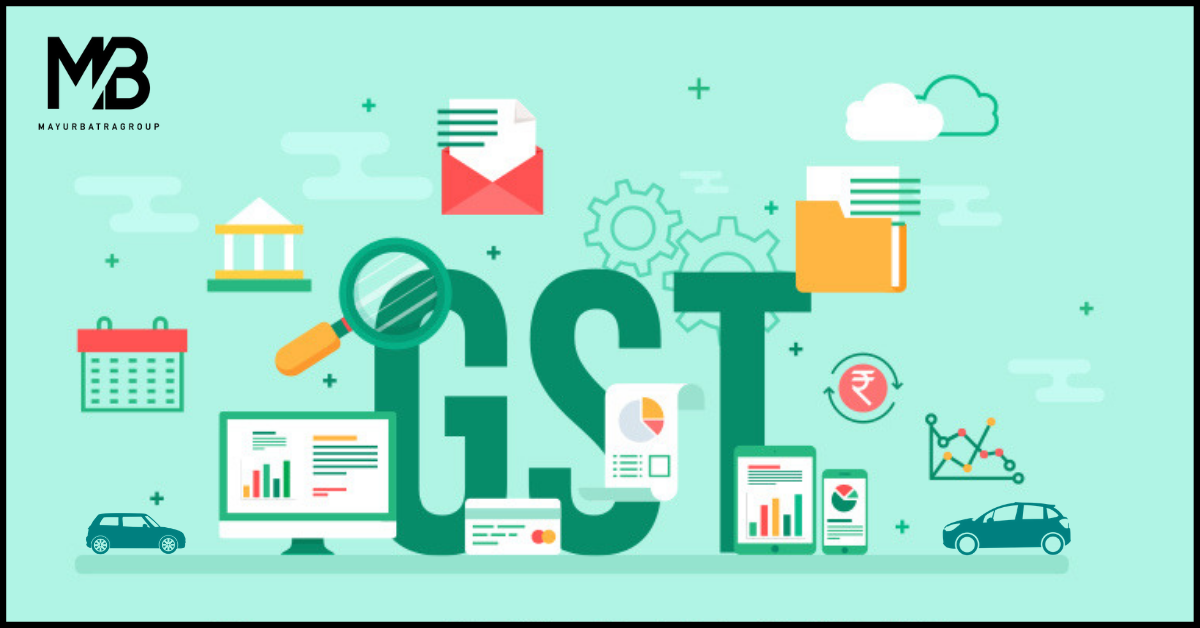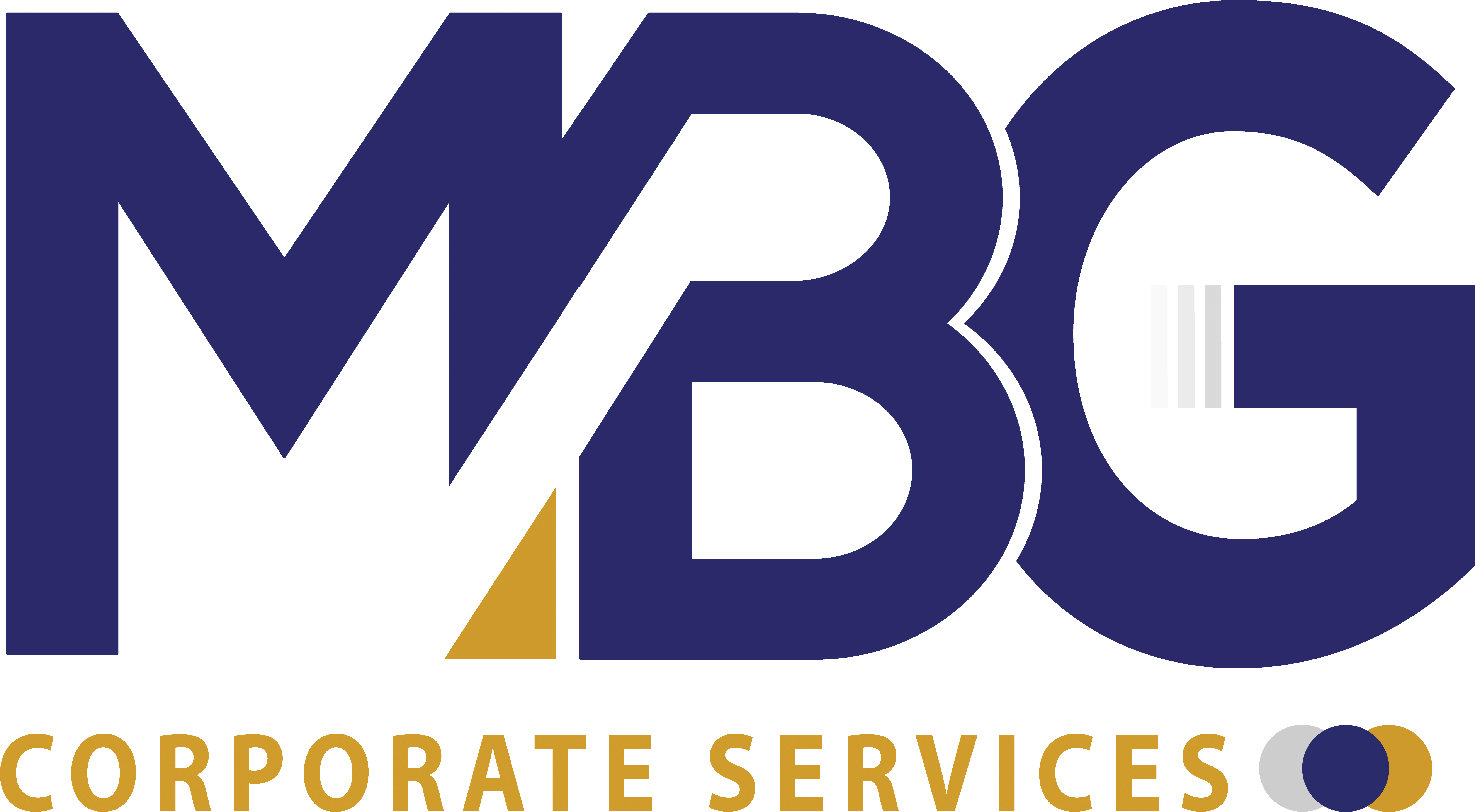Key Updates in Goods & Services Tax – August 2019

Amendment to CGST Rules 2017 Notification No. 33/ 2019-CT
Multiplex screens As per 4th provision to Rule 46 of CGST Rules 2017 Supplier need not issue an invoice for each of the supplies in case of Multiplex screens, rather he can issue a consolidated invoice at the end of the day where:
- If the value of the invoice is less than Rs.200 [Sec 31(3)(b) of CGST act,2017],
- Recipient is not a registered person and
- The recipient also doesn’t want an invoice,
- FORM GST EWB-05 for the application by the supplier
- FORM GST EWB-06 for issuing the order by the commissioner
- The said movement doesn’t amount to supply, as there is no consideration and also it doesn’t fall under Deemed supplies as specified in Schedule-I of CGST Act, 2017
- Since it is not a supply, it can’t be a zero-rated
- If not a supply, Documents & procedure for transportation are as under:
- Payment of unpaid tax (if any)- In cases where some information / outward liability has not been reported in the statement of outward supplies in FORM GSTR-1 or in the regular returns in FORM GSTR-3B. Then is such situation taxpayers may pay the tax with interest through FORM GST DRC-03 at any time.
- Primary data source for declaration in annual return- There has been some commotion regarding the information to be filled in GSTR 9 should be from FORM GSTR-1, FORM GSTR-3B or books of accounts. Ideally, information in FORM GSTR-1, FORM GSTR-3B and books of accounts should be same and the values should match across different forms and the books of accounts.
- Either tax was not paid to the Government- In this case, the same shall be declared in the annual return or tax should be paid.
- Tax was paid in excess– In this case, all information may be declared in the annual return and refund (if eligible) may be applied through FORM GST RFD-01A.
- ITC available as per GSTR 2A but not availed: The input tax credit which is declared/computed in Table 8D is basically credit that was available to a taxpayer in his FORM GSTR-2A but was not availed by him between July 2017 to March 2019. The deadline has already passed and the taxpayer cannot avail such credit now. There is no question of lapsing of any such credit, since this credit never entered the electronic credit ledger of any taxpayer. Therefore, taxpayers need not be concerned about the values reflected in this table. This is merely information that the Government needs for settlement purposes.
- IGST on Import: It has already been clarified that all credit of IGST paid at the time of imports between July 2017 to March 2019 may be declared in Table 6E. If the same is done properly by a taxpayer, then Table 8I and 8J shall contain information on credit which was available to the taxpayer and the taxpayer chose not to avail the same. The deadline has already passed and the taxpayer cannot avail such credit now. There is no question of lapsing of any such credit, since this credit never entered the electronic credit ledger of any taxpayer. Therefore, taxpayers need not be concerned about the values reflected in this table. This is information that the Government needs for settlement purposes.
- Reverse charge in respect of Financial Year 2017-18 paid during Financial Year 2018-19
- Reconciliation of input tax credit availed on expenses: It has been clarified that only those expenses are to be reconciled and reported in table 14 of reconciliation statement
- Supplier of ITeS services as back end service- In such a scenario, the supplier will not fall under the ambit of intermediary in GST laws where these services are provided on his own account by such supplier. Even where a supplier supplies ITeS services to customers of his clients on clients‟ behalf, but actually supplies these services on his own account, the supplier will not be categorized as intermediary.
- Supplier of backend services located in India arranges or facilitates the supply of goods or services or both by the client located abroad to the customers of client. Such backend services may include support services, during pre-delivery, delivery and post-delivery of supply (such as order placement and delivery and logistical support, obtaining relevant Government clearances, transportation of goods, post-sales support and other services, etc.). In this case supplier of services will fall under the ambit of as per GST laws as these services are merely for arranging or facilitating the supply of goods or services or both between two or more persons.
Tag: GST, GST in India, GST News, GST Update


